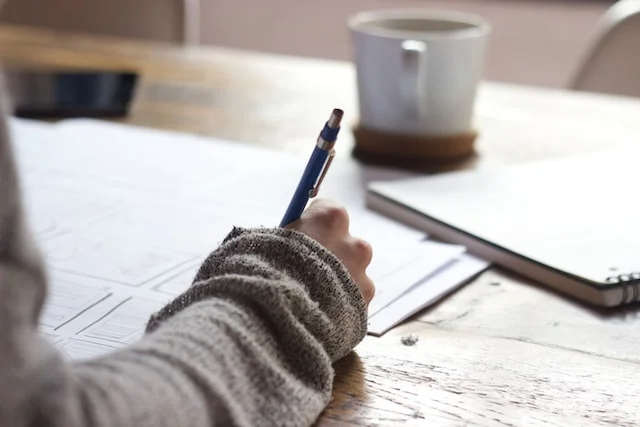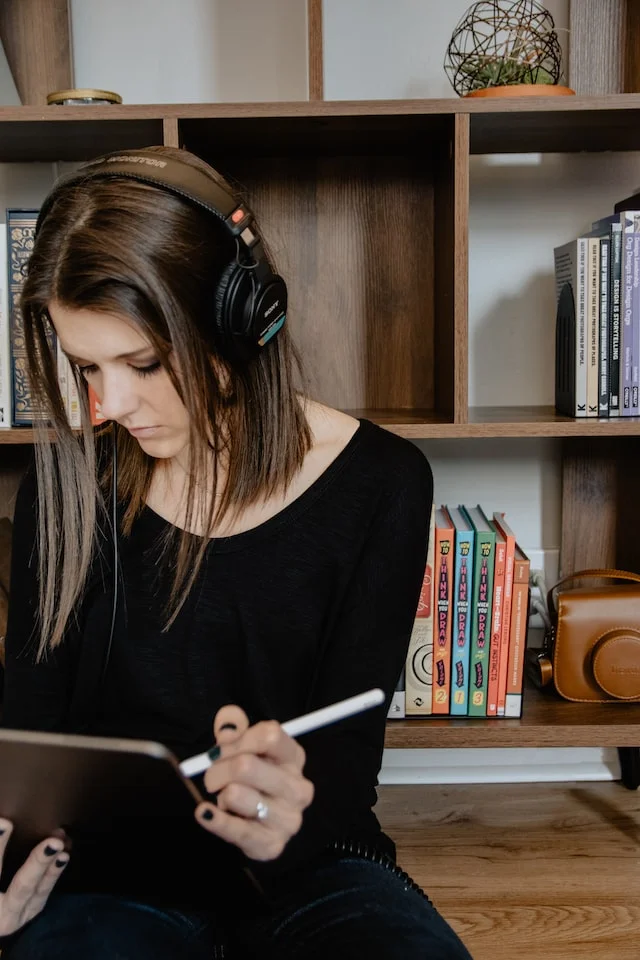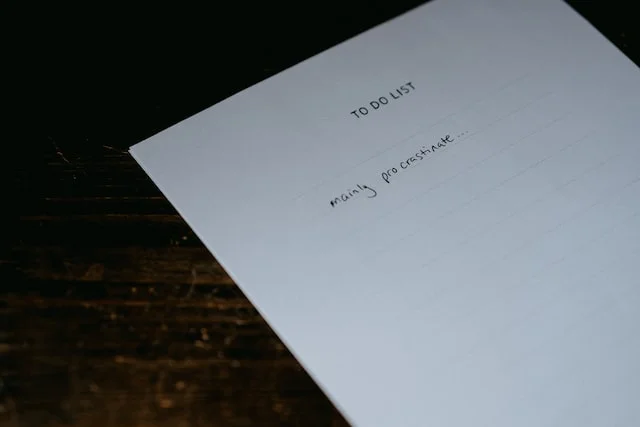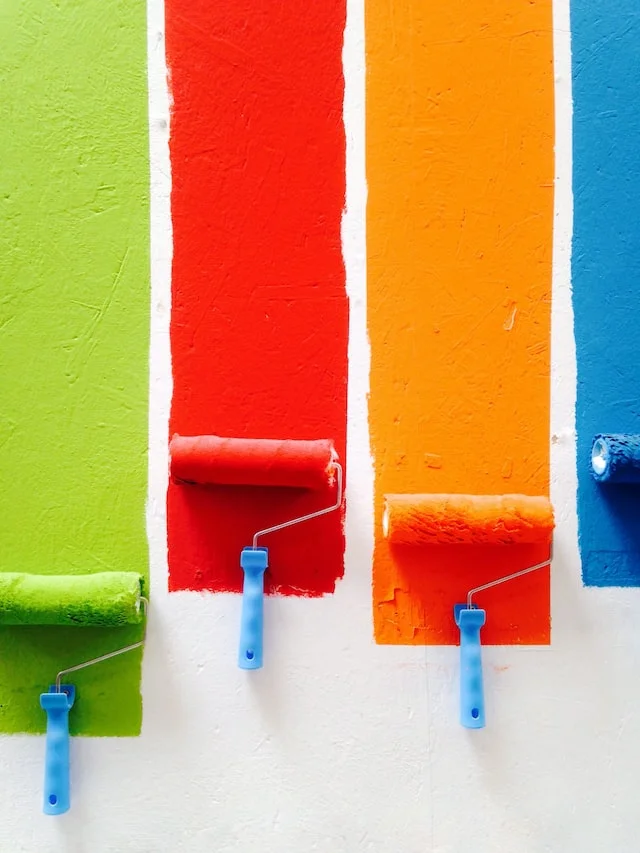Studying hacks that actually work
September 30, 2022
Jocelyn

Image source: Unsplash
Studying is a hard task. It requires focus, grit, determination, and the worst part is that - everybody studies differently. So, not all methods work for each student. Here, we will provide you with tips that actually work. From experiences to research, we scavenge far and wide to get you the best tips to study.
Let’s not waste much time. Here we go!
1. Don’t listen to the music you like.

Image source: Unsplash
A bit of an odd advice, isn’t it? But here’s how it works: Studying requires relentless focus as your brain needs to absorb a ridiculous amount of knowledge within a limited time.
So, why ditch your favourite music? Many tips suggest that you actually use music to help you study, no?
As much as that is true, your favourite music is something that your mind is familiar with and it often distracts you, especially when the singer belts your favourite part.
Imagine a situation where you’re trying to memorise the anatomy of a cell - “mitochondria, powerhouse, membrane…” and out of nowhere, your ears and mind drift to Adele pouring her heart out!
You will soon start singing along, ignoring the fact that you still have 10 chapters to go before you call it a day.
We would suggest listening to music that you aren’t familiar with, or even better, ones without lyrics such as lo-fi beats, nature sounds, orchestra, and even white noises.
Remember, the whole purpose of listening to music is to help you focus. You can save your Spotify top hits for when you’re done studying instead!
2. You can procrastinate studying, but you can’t procrastinate understanding.

Image source: Unsplash
“I am going to stop procrastinating! Starting tomorrow…” and that’s how it goes back to square one - a martyr before the war even begins.
To avoid procrastinating, you can temporarily put aside the heavy part of studying and try to understand basic concepts of the subjects first.
Plus, make sure you understand the flow of the topics. Trying to memorise everything will only burden your mind and you will end up never touching a book again!
3. Focus on grasping a concept.
One of the most important things when studying is to understand the topics. Try to get a grasp on the concepts without having to force your mind to remember every single detail.
Understanding is way better than memorising because once you understand something, it is hard for you to forget!
Let’s use an example we’re all familiar with: Everyone must have gotten lost at least once in their lives, right? Say, you are trying to remember your way to a place. Instead of memorising directions which can get confusing, you can try to ‘understand’ the routes by exploring landmarks around the area, like a bakery or a unique signboard.
The same goes for studying, only the ‘landmarks’ and ‘signboards’ are the main points and concepts of a particular chapter!
4. Colours help you remember better.

Image source: Unsplash
Based on studies by two American researchers, colours have a strong effect on the human brain. When the eyes look at different colours, the brain reacts differently to them.
In this sense, it is advisable for you to get a few highlighters of different colours to highlight your note.
Here’s another thing - when highlighting your notes, there are a few things that you must consider:
i) Don’t highlight everything! The whole point of a highlighter is to highlight certain phrases for your eyes to detect easily. If everything is highlighted, the purpose is lost!
ii) Use different colours for different categories of information. For example, you can highlight the formulae in green, crucial facts in pink, and supporting facts in orange. The choice of colour is up to you, but don’t get two colours that are too similar to one another.
5. Take a break, but don’t overdo it.

Image source: Unsplash
Another important thing when studying is to know when to take a break, but we don’t advise you to get to your phone right away.
There are risks when you use your phone during breaks - you may exceed the time limit of your rest period and your brain won’t get the rest that it needs.
Why? Simply because the brain needs to process a lot of information that it receives from your phone, especially when you’re on social media.
Instead, use the time to meditate, make something to eat or drink, stretch your body or even do a quick yoga.
Just like we mentioned, rest is an important part of studying. Thus, it is about time for you to take a break from this listicle. We wish you all the best in your studies!
Written by: Engku M. Fakhruddin
Also read:
How to cope with student stress and worries?
You might be interested in...
- Global Learning at the Crossroads: Canada–Malaysia’s Evolving Education Partnership
- How AI is Powering the Next Wave of MSME Growth in Malaysia
- Malaysian Private Universities Making a Mark in Global Rankings
- Benchmarking Malaysian Private Universities Against Their ASEAN Peers
- Fastest-Rising Malaysian Universities in the QS Rankings (2023‑2025)
- Sunway University Climbs to Global Top 500 in QS Rankings 2026
- Trusted by Top Universities: EasyUni’s Exclusive Visit to Sunway University
- Wawasan Open University and Sophic Automation Partner to Offer Work-Based Learning for Engineering Students
- Sunway University: Malaysia’s Best Cambridge A-Level College with 11 Years of Excellence
- Top Malaysian Universities in QS Asia Rankings 2025
 +60173309581
+60173309581





